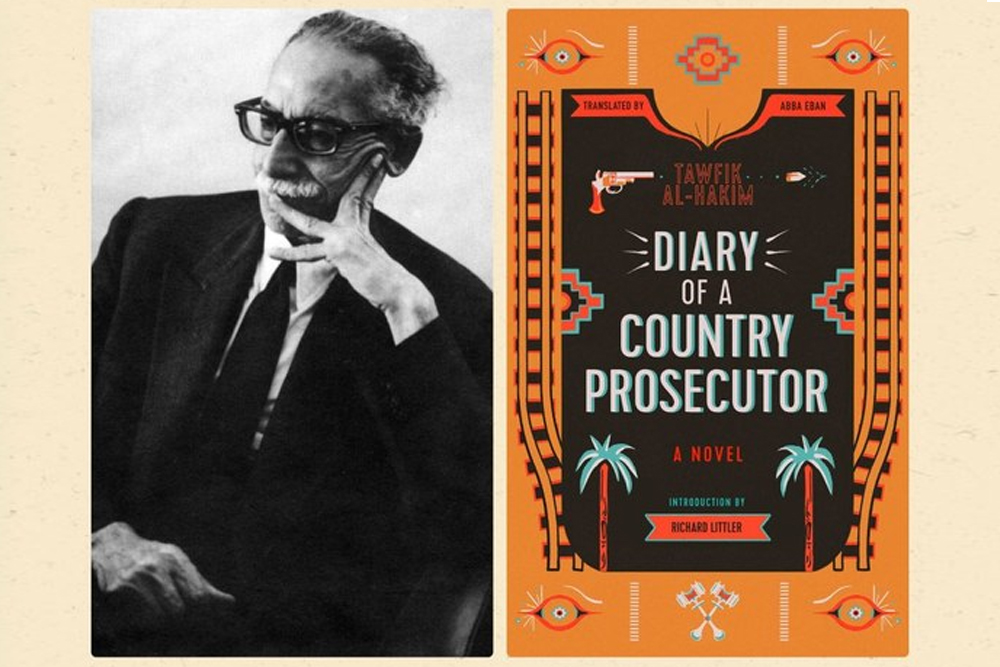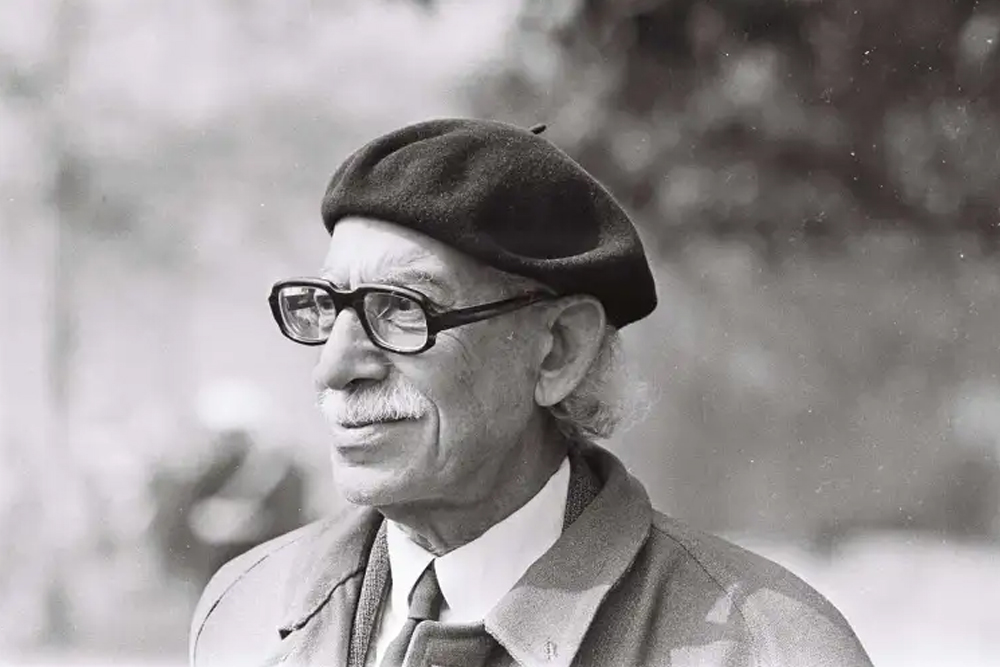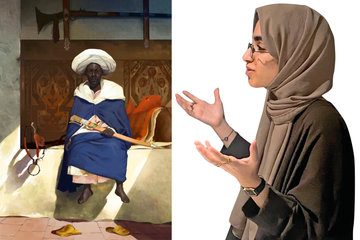
London-based publisher Saqi Books is celebrated the 85th anniversary of the publication of Tawfik Al-Hakim's renowned satirical masterpiece, "Diary of a Country Prosecutor," by releasing a special English-language paperback edition this year. The publisher emphasizes that this timeless work, written by one of the Arab world's leading dramatists, retains its sharpness and remains both a comedy of errors and a piercing social satire.
The book, as the title suggests, presents a fictional journal of a public prosecutor stationed in rural Egypt. Infused with dark humor that arises from the most dreadful circumstances, it takes aim at a self-serving ruling class and the inept public servants under their command, according to the press release.
In the foreword penned by the late novelist P.H. Newby, he lauds Al-Hakim's comedy as darker than anything written by Gogol or Dickens, owing to the grim reality endured by Egyptian peasants, which surpassed the plight of nineteenth-century Russian serfs or English paupers. Newby describes Al-Hakim's "bitter humor" as a reflection of a shocking and disheartening social reality, acknowledging the absence of immediate solutions for its improvement.

Al-Hakim, a luminary of Arabic literature, is esteemed alongside his contemporary Naguib Mahfouz. Mahfouz believed Al-Hakim would have received the Nobel Prize in Literature in 1988 if he were alive.
Saqi's editorial director Elizabeth Biggs shares a poignant anecdote of an iconic 1982 café photograph featuring Al-Hakim and Mahfouz. Despite their advanced age, they exude wisdom and compassion. Mahfouz, in dark glasses and a smart coat, and Al-Hakim, animatedly talking in an immaculate beige cap, embody these rare qualities.
Describing Al-Hakim and Mahfouz as true pioneers of Arabic literature, Biggs explains how they built upon each other's achievements and influenced generations of writers worldwide. Their ability to transform universal human flaws into timeless classics remains unparalleled. Such stories abound in "Diary of a Country Prosecutor," which depicts well-intentioned people trying to bring order to disorder while lacking the knowledge and abilities to succeed.
Biggs further elaborates on the novel's complex material, encompassing social, political, local, national, and international issues. Al-Hakim frequently writes about the farmers in the Delta and the hidden strength they possess. Similarly, she carries on, Al-Hakim's "Return of the Spirit," book functions as a coming-of-age story, emphasizing the idea that we are constantly evolving individuals who need to seize opportunities before we are fully ready. Meanwhile, Mahfouz and Al-Hakim, sit on the opposite side of the room, sipping coffee, taking notes, and smiling warmly as they encourage us to press on.

















